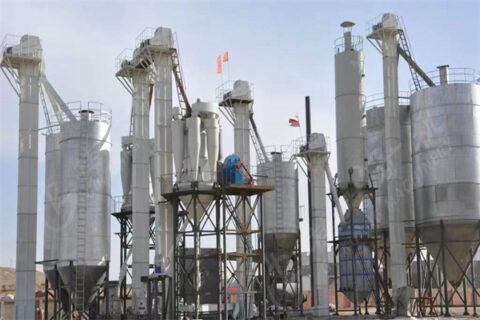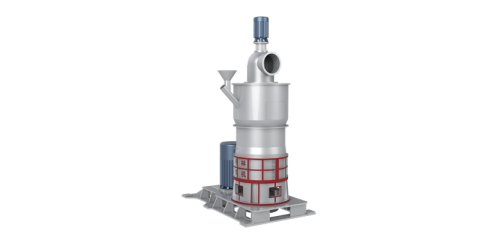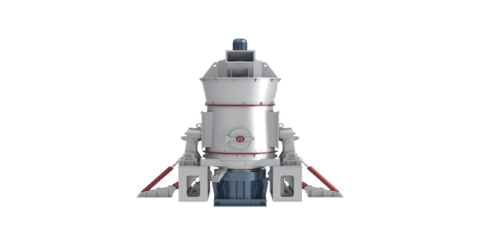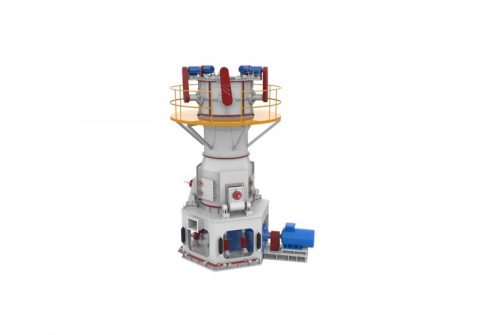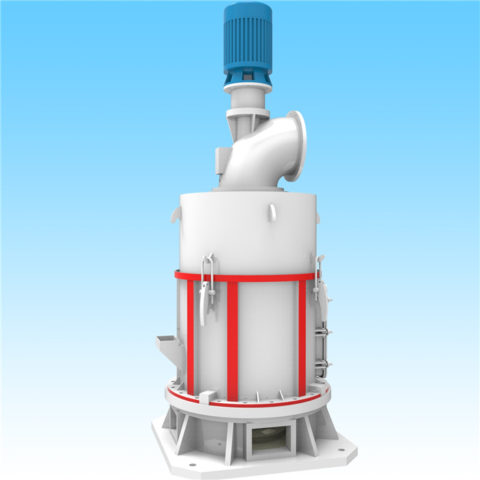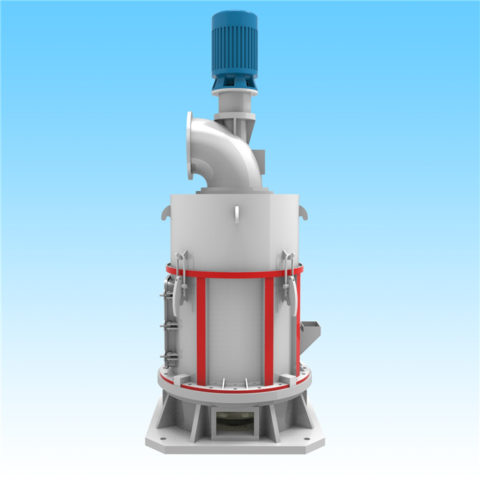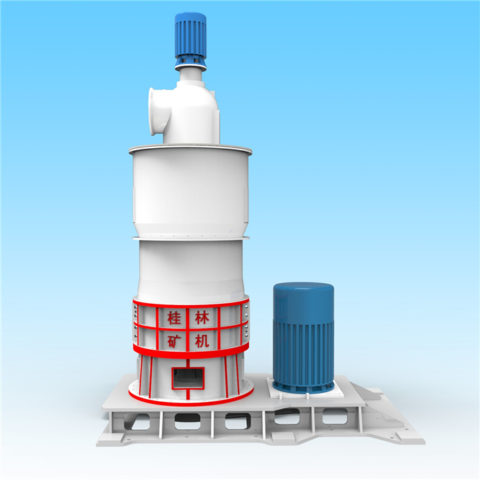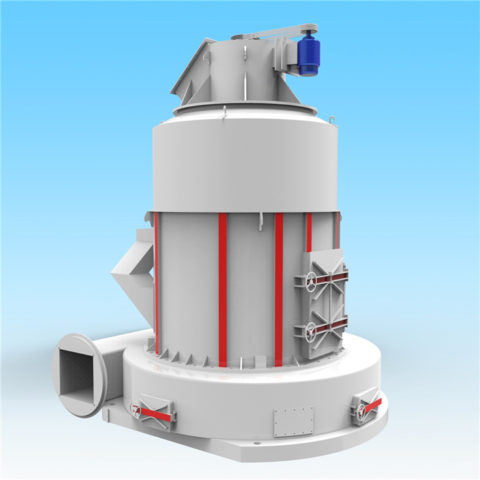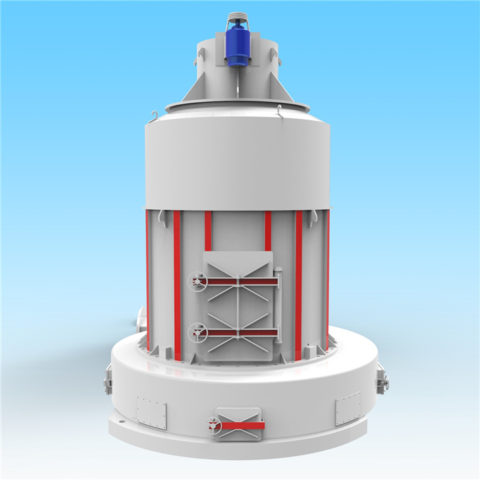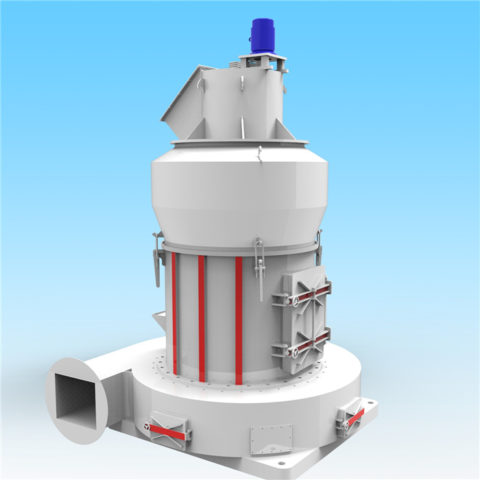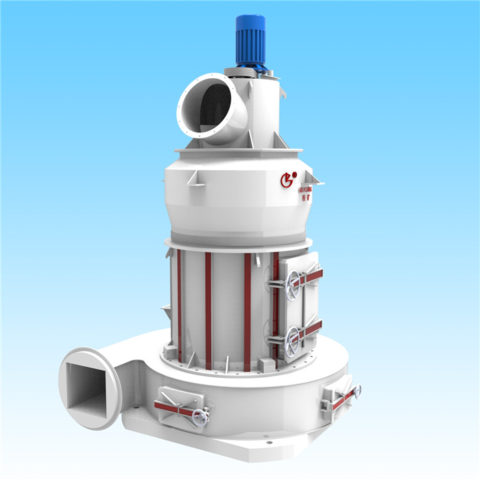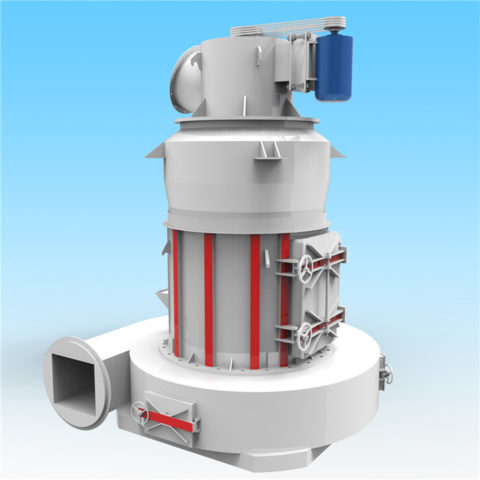Raymond mill is a common grinding equipment, which is widely used in many industries such as mining and metallurgy. The equipment mainly relies on the centrifugal force of the grinding roller to make the material roll on the grinding ring to achieve the grinding effect. Therefore, the grinding roller plays a vital role in the Raymond mill and is easy to wear. So, what are the methods to effectively reduce the wear of Raymond mill?
grinding roller of Raymond mill
1. During the production of Raymond mill, wear is inevitable, and it is feasible to reduce the wear to a lower level. Among them, the requirement for the grinding roller is the material, and the replacement cycle will be longer. Grinding rollers and grinding rings need to be inspected regularly, and the work of the grinding roller assembly is relatively bad. It is necessary to ensure the lubrication of the bearings and clean them regularly. If it is found to be severely worn, it should be replaced immediately to avoid damage to other parts.
Raymond mill
2. The bearing of the Raymond mill bears the load of the entire milling equipment. If the production continues for a long time, the wear of the bearing will directly affect the operation of the equipment. Therefore, the requirement for bearings is to pay attention to lubrication and regularly maintain the bearings. At the same time, pay attention to the changes in the bearing temperature after the Raymond mill is running, and the damage to the bearing caused by some other factors.
3. When the Raymond mill is turned on, the oil needs to be changed once a week. After each oil change, drain the old oil, use kerosene or diesel to clean the interior, drain the oil after cleaning, and then inject new Of lubricants.
4. Most Raymond mills are made of wear-resistant materials and have a long use time. The grinding rollers and grinding rings use high-chromium materials instead of high-manganese steel, which improves the reliability of the equipment. Therefore, if there is wear and tear during production, it should be dealt with in time to avoid affecting the normal production work in the later period.

